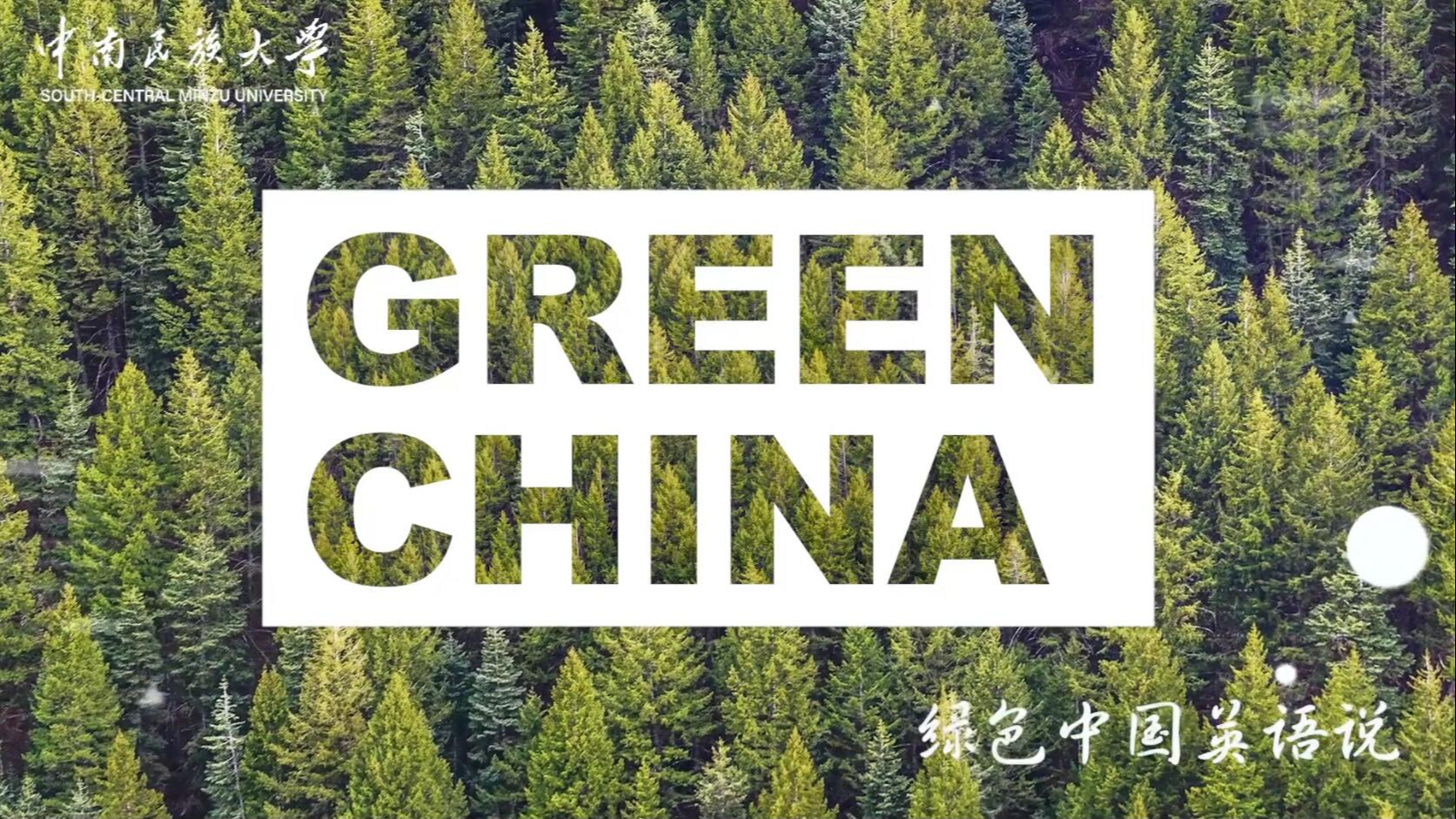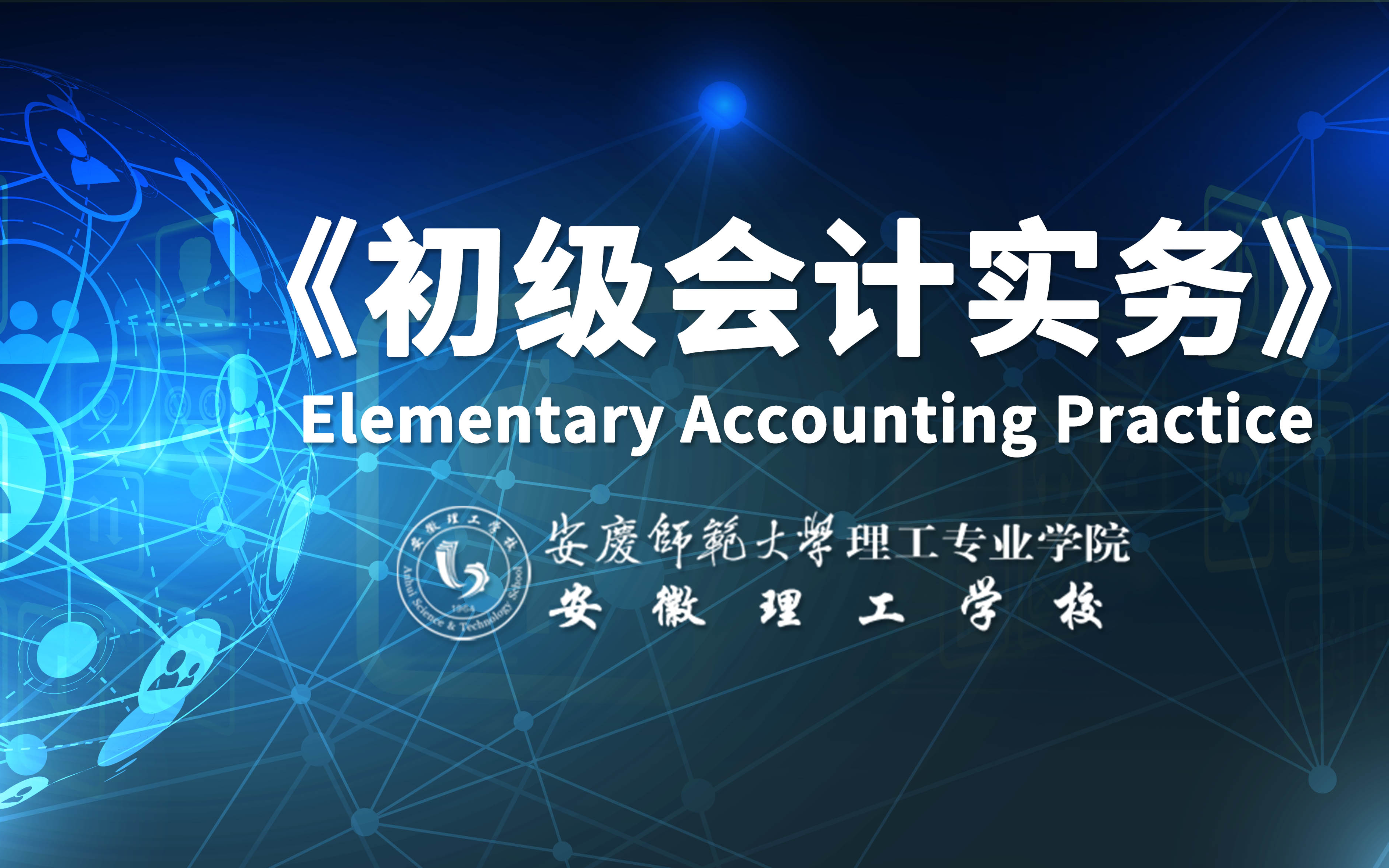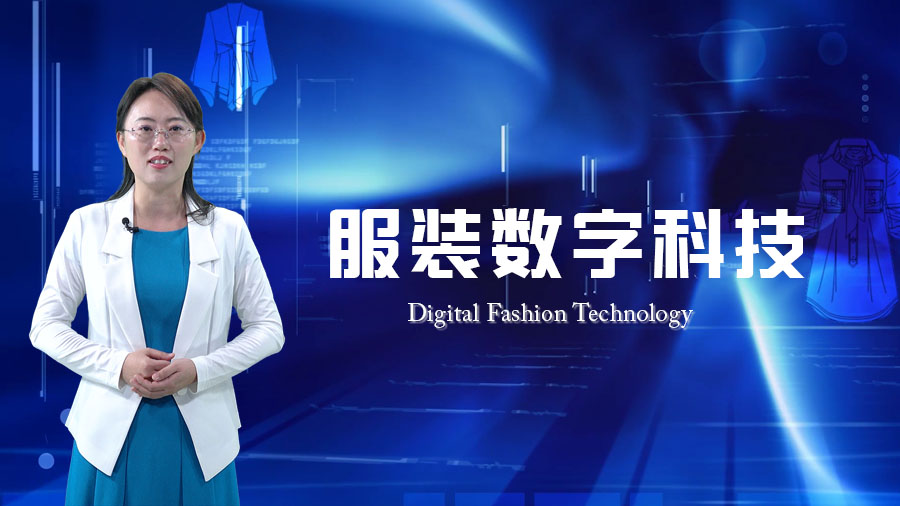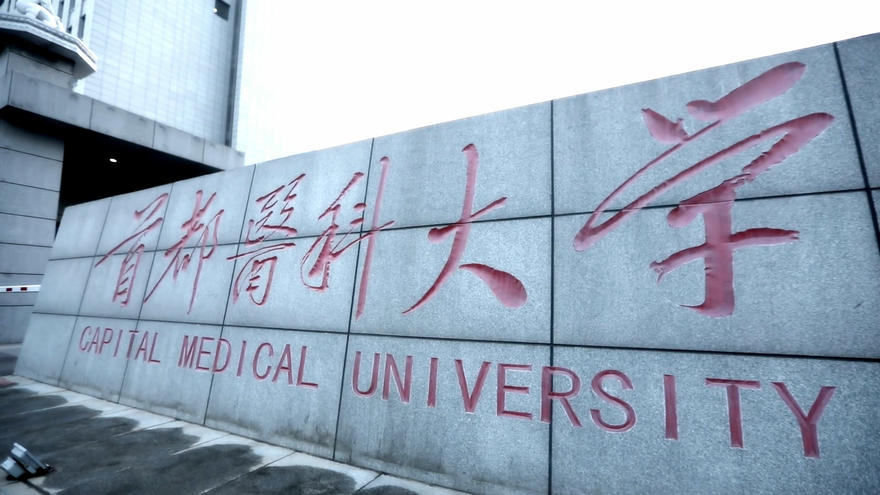
About this course
"We share the same planet” and “The earth is our common home" have become the consensus of all mankind. Therefore, the best way to protect human beings is to protect the earth. "lucid waters and lush mountains are invaluable assets." “We should adhere to the idea for our sustainable development.”“The economy should not be developed at the cost of ecology.”Xi's concept has been evolving and growing from fine traditional Chinese culture.
Have you ever wondered how ancient Chinese view the relationship between man and nature? Is there any association between “Heaven and man are united as one”and the harmonious coexistence between man and nature? How was ancient Chinese ecological civilization demonstrated in various aspects of daily life, such as architecture, paintings and literature?
Besides, you must have often been worried about environmental issues , like water pollution, air pollution, climate change , biodiversity , etc. How serious are these problems? What have been done by the central and local authorities? What can individuals do to make a difference?
Welcome to our course: Green China and start a journey of exploration to find your own answers. Our course mainly includes five parts: the guidance of Xi Jinping Thought on Ecological Civilization, exploration of the splendid Chinese ecological civilization, comprehensive introduction to ecological and environmental science, real world environmental protection examples and cases, and practical and useful collocations and grammar. The five parts are delicately integrated into several units with hot environmental protection topics.
Reference Materials
Reference book:Introduction to Environmental Science - 2nd Edition
Author:CaralynZehnder,KalinaManoylov,SamuelMutiti,ChristineMutiti,AllisonVandeVoort,andDonnaBennett
Publishing house:University System of Georgia
Publishing date:2018
Syllabus
- 1.Traditional Chinese Ecological Culture
- 2. Common concerns: main environmental issues
- 3. The human population and urban challenge
- 4. Industry and environment
- 5. Biogeochemical cycles of nature
Lecturer
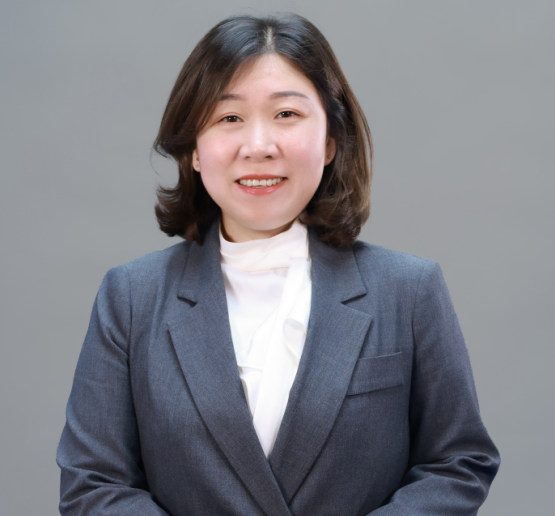 | Qi LuoSouth-Central Minzu University School of Foreign Languages Qi Luo has devoted herself to college English teaching since joining the South-Central Minzu University in 2003. She has been interested in teaching methods of hybrid teaching and English for Specific Purpose. She has won one second prize in Higher Education Press Foreign Language Micro-course Competition. She has presided over a key project of Education Planning in Hubei Province; presided over and participated in several teaching and scientific research projects. She also has rich experience in guiding English competitions. Her students have won one national second prize in the Star of Outlook English Talent Competition , several national and provincial prizes in college English competitions and other provincial prizes in English translation competitions. |
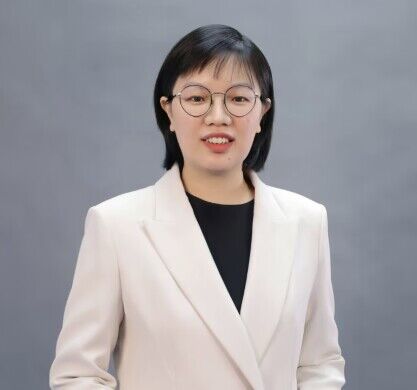 | ChenjieSouth-Central Minzu University College of Resources and Environment Chenjie Wu received her Ph.D. degree in Civil Engineering with a focus on water/wastewater treatment at West Virginia University (WVU) in 2014. She joined South-Central Minzu University in 2016 as a lecturer. During 2007-2014, she worked as a Research Assistant at Department of Civil and Environmental Engineering at WVU and after receiving her Ph.D. degree, she became a lecturer and taught there for one semester. During 2015-2016, she joined College of Engineering at Saint Francis University as a visiting assistant professor. She acquires robust knowledge and experience in water/wastewater research including chemical, physical and biological treatments as well as water quality modeling. As a principal investigator during her studies at WVU, she participated in research on various projects funded by the United States Department of Energy, the Department of Transportation (WV, USA) ,etc. After joining the College of Resources and Environmental science at South Central Minzu University, she received grants from Fundamental Research Funds for the Central Universities, Hubei Provincial Natural Science Foundation, etc. |
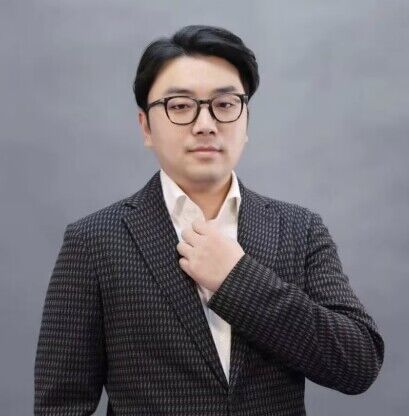 | KevinSouth-Central Minzu University College of Resources and Environment Yaguang Du graduated from the School of Civil and Environmental Engineering at the University of Connecticut in May 2019 with a Ph.D. in Environmental Engineering. He has been engaged in teaching and research at the College of Resources and Environmental Science, South-Central Minzu University since November 2019. The main research areas include: harmless treatment and resource utilization of industrial hazardous waste (chromite ore prcessing residue, phosphogypsum, copper tailing slag, etc.), geochemical modeling, microscopic chemical mineral structure analysis (such as XRF, XRD, SEM-EDX, and synchrotron radiation based micro-XRF, micro-XRD, micro-XANES). |
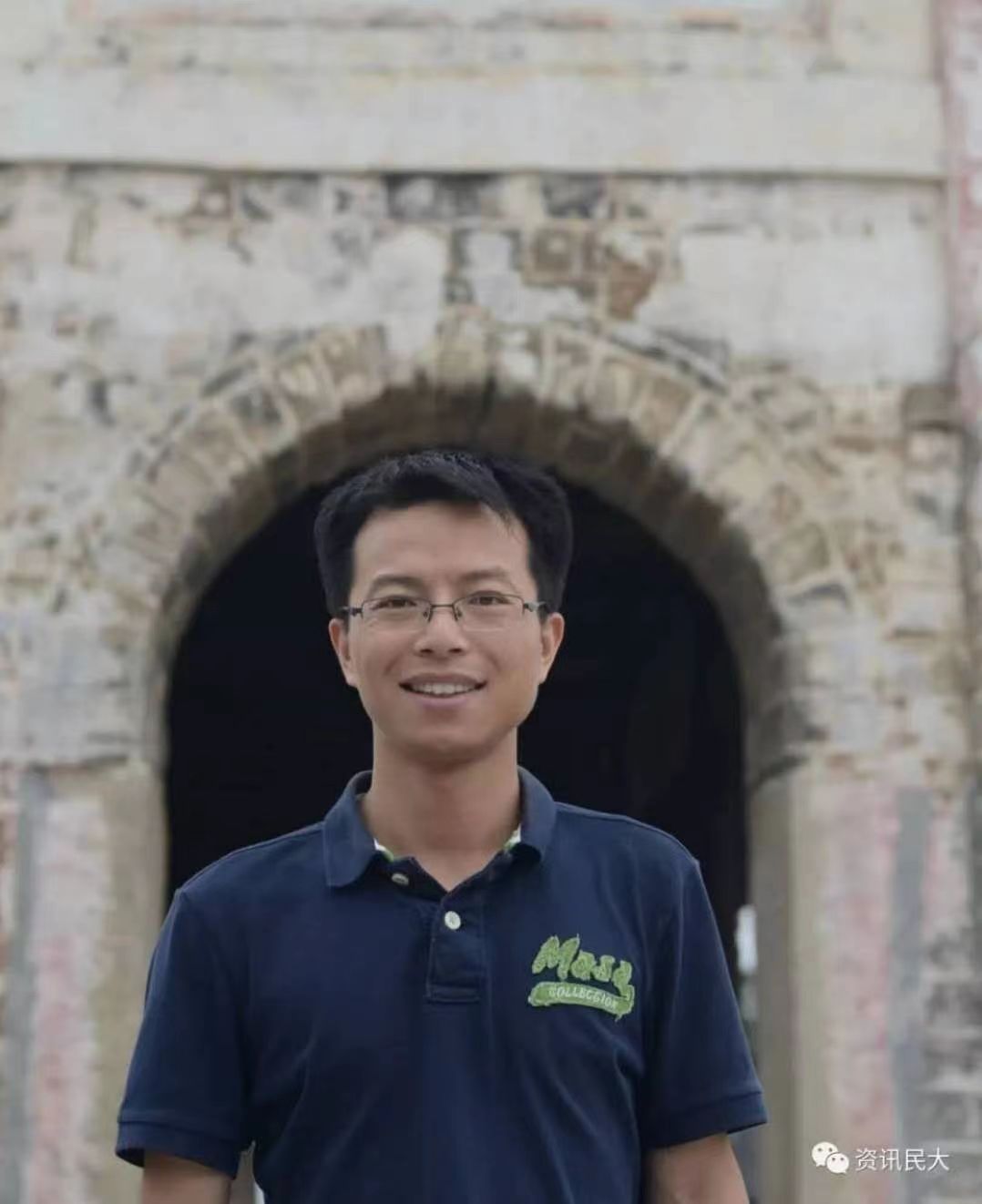 | Gao FengSouth-Central Minzu University School of Foreign Languages Gao Feng is an associate professor in School of Foreign Languages, South-Central University for Nationalities. He presided over the completion of the provincial teaching and research project in Hubei Province ' Feasibility Study on the Application of CBI Teaching Mode in College English Courses in Ethnic Universities ' ; he participated in the national social science fund project and the humanities and social science project of the Ministry of Education ; he wrote the second part of the ' Twelfth Five-Year Plan ' national key planning textbook as deputy editor. Visiting Scholar, Jackson State University. He has received major honors including: 1. Teaching Benchmark of South-Central University for Nationalities; the research and practice of multi-level individualized teaching reform of college English in universities for nationalities won the first prize of university-level teaching achievements. The third prize of Hubei Province Teaching Innovation Competition |
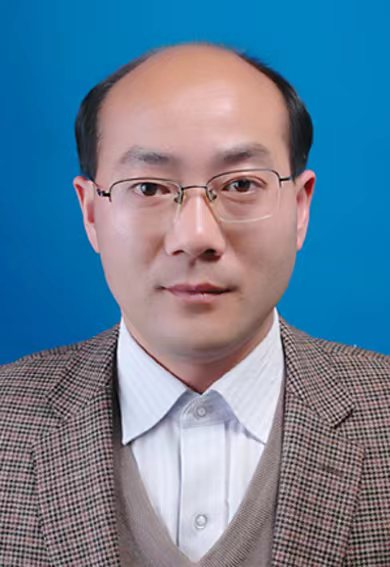 | Kangle LvSouth-Central Minzu University College of Resources and Environment Professor Kangle LV received his Ph.D. degree in Chemistry from Zhejiang University in 2006. Then he joined South-Central Minzu University and was promoted to full professor in 2015. He did postdoctoral research on Semiconductor Photocatalytic Materials at State Key Laboratory of Advanced Technology for Materials Synthesis and Processing, Wuhan University of Technology (2008-2011), and was an academic visitor at University of Bristol(2011-2012) and The Education University of Hong Kong (2016). Over the last 10 years, his research has focused on Environmental applications of Semiconductor Photocatalytic Materials. He is the committee member of Photocatalysis Industry Association of China (PIAC), the editorial board member of Chinese Journal of Catalysis, and the associate editor of Frontiers in chemistry. He has published 150 peer-reviewed papers with over 9 600 citations with an H-index of 58. |
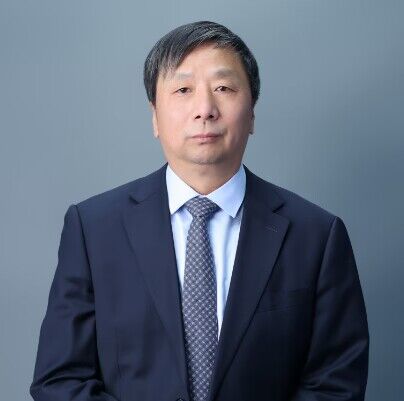 | Dongyun DuSouth-Central Minzu University College of Resources and Environment Dr. Dongyun Du, Vice President of South- Central Minzu University, Professor at College of Resources and Environmental Science, doctoral supervisor, prominent contribution youth scientist in Hubei Province, invited director of China Environmental Protection Society, member of the Heavy Metal Pollution Control Committee of China Environmental Protection Society, and member of the Water Saving Standardization Expert Group of the Ministry of Industry and Information Technology in the iron and steel industry. He has been engaged in teaching and scientific research on water pollution, heavy metal pollution control, solid waste treatment, etc. for a long time. He has successively undertaken more than 40 projects of the National Science and Technology Support Plan, the industrialization project of the Ministry of Agriculture, the major scientific and technological innovation project of Hubei Province and the projects entrusted by enterprises. Over the past years, he has published over 50 peer-reviewed articles on journals worldwide and his work was acknowledged by the Chinese government and received numerous awards. He is also peer reviewer for multiple journals such as Desalination and Water Treatment, Applied Surface Science, Water Science and Technology and etc. He has received one Second Prize of Environmental Science and Technology from the Ministry of Environmental Protection, one Special Prize of Science and Technology Progress in Hubei Province, and five other provincial and ministerial awards. |

